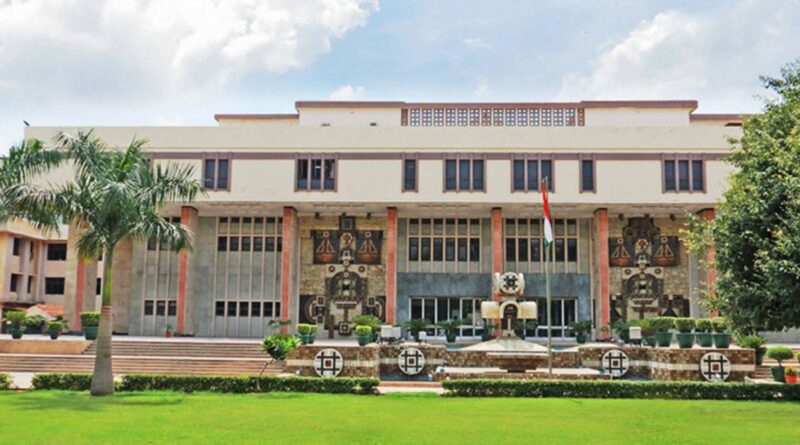Delhi HC Refuses Interim Relief to DreamFolks in Airport Lounge Dispute with Encalm
The Delhi High Court has refused to pass an interim restraining order against Encalm Hospitality in a dispute raised by DreamFolks Services regarding airport lounge agreements with banking clients.
DreamFolks, a listed travel and lifestyle service provider, had signed a five-year agreement with Encalm on 26 July 2022. Under this deal, Encalm was to manage lounge access for customers of banks such as ICICI Bank, Axis Bank, Yes Bank and American Express through DreamFolks’ platform.
On 4 August 2025, Encalm issued a 90-day termination notice. DreamFolks alleged breach of contract, claiming Encalm continued to deal directly or indirectly with its banking clients through third-party service providers even during the notice period.
Hearing the matter on 16 September, Justice Amit Bansal disposed of DreamFolks’ Section 9 petition under the Arbitration and Conciliation Act, 1996. The Court held that DreamFolks had not shown any exclusivity in its contracts with the banks.
“The clients appear free to enter into similar agreements with other third-party service providers,” the Court said, adding that prima facie there was no restriction on Encalm to provide services to the same banks through others.
Encalm argued that its arrangements with banks were non-exclusive, and the Court noted that DreamFolks had only filed the first pages of its bank agreements, without any clause establishing exclusivity.
Justice Bansal distinguished the case from the precedent cited by DreamFolks (Global Music Junction v. Shatrughan Kumar), holding that no such bar existed here. He further stated that even if termination was unlawful, the petitioner’s remedy would lie in monetary damages rather than restraining orders.
The Court, however, reiterated its earlier directions of 28 August, asking Encalm to maintain complete records of accounts of all transactions with the 21 banks mentioned in the petition. The matter will continue before the arbitral tribunal, with the Court clarifying that its observations were limited to the interim stage.





